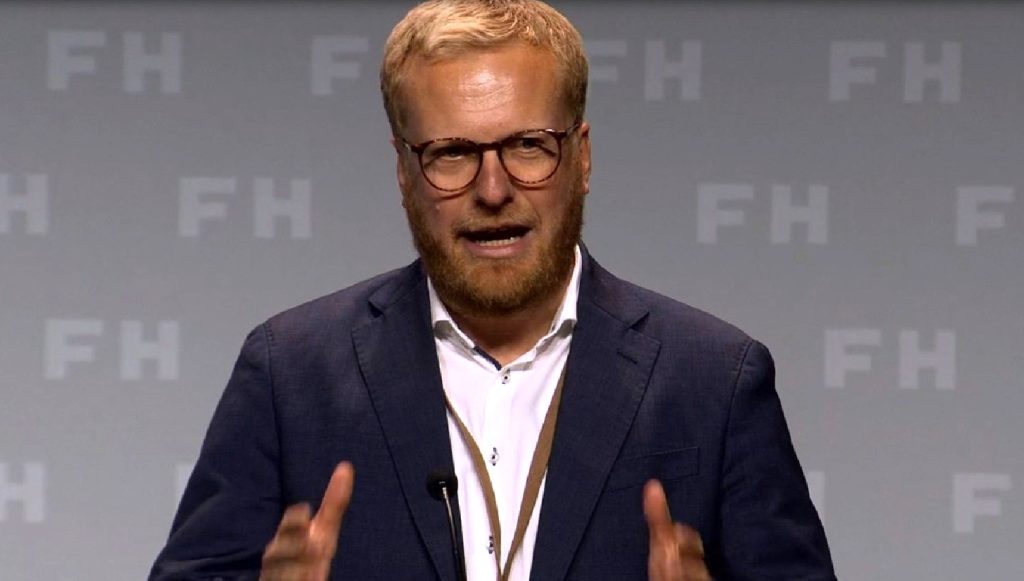It will become easier for employers in Denmark to hire workers from selected countries, provided that the foreign employees are paid according to collective agreements. This is the content of a new Danish business agreement that the government will implement on 1 January 2026.
Some of the initiatives:
Public tenders will face stricter requirements, and companies that repeatedly break the rules may be excluded from future contracts
Foreign labour from third countries must be employed under collective agreements concluded with an FH-affiliated union
Trade unions and employee representatives will get access to workplaces and to pay and employment information
ID cards will become mandatory on all major construction sites, making it easier to identify actors and monitor conditions
Source: The Danish Trade Union Confederation
Both employer organisations and trade unions have praised the deal, saying it will help address the labour shortages faced by many Danish companies.
The agreement means that companies with a collective agreement will gain expanded access to recruit employees from 16 countries, including the USA, China, Brazil and India.
Read this article in Danish on our Arbeidsliv i Norden.
A breakthrough
Companies with at least ten employees can hire staff from these countries at a lower wage than has previously been possible under existing schemes.
In return, employers must offer wages and working conditions set out in a collective agreement agreed between the social partners.
The Confederation of Danish Employers (DA) is very pleased with the agreement:
“The labour shortage in Denmark has meant that international employees in recent years have become crucial for Danish companies and the Danish economy.
“The government deserves credit for the new collective agreement-based scheme, which will make it easier for companies with proper pay and employment conditions to hire international staff,” said DA’s Director General Jacob Holbraad when the deal was announced.
The Danish Trade Union Confederation (FH) calls the agreement “a political endorsement” of the Danish labour market model, while the Danish government has said it “strengthens” that model.

Companies wishing to recruit employees abroad under the new scheme must have entered into a collective agreement concluded between DA and FH.
“It is a breakthrough in how we open up access to foreign labour in Denmark, where companies will now need to have a collective agreement if they want to use the new scheme. It is a clear strengthening of the Danish model,” said Minister for Employment Ane Halsboe-Jørgensen (Social Democrats).
Tackling social dumping
There are still companies that contribute to social dumping, despite Denmark’s efforts over many years to combat it.
This means foreign workers are exploited, working under unreasonable and even life-threatening conditions. Explaining the new agreement, the Ministry of Employment stated:
“The fight against social dumping is more important than ever. It is therefore crucial for the government to protect employers who play by the rules and ensure fair competition.”

Now, the social partners and Danish authorities must assess whether the collective agreement has been respected shortly after a foreign worker is hired.
The government has earmarked funds for this kind of monitoring, which until now has largely been carried out by trade unions.
ID cards required
There is no upper limit for how many foreign employees who can enter Denmark through the new scheme.
The Ministry of Employment estimates that 550 people will come to Denmark under the scheme by 2030 and 1,300 by 2050. The scheme will be evaluated after two years to determine whether a cap on recruitment numbers is necessary.
The 16 countries covered by the agreement are Denmark’s main non-EU trading partners or EU candidate countries currently negotiating membership.
The government will also make it a requirement for foreign employees on construction sites to carry ID cards, making it easier for authorities to check whether they are working in Denmark legally.





